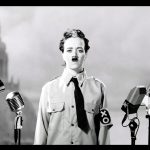Emphasizing the people’s free will in a democracy the Jewish Barber-Hynkel-Chaplin states, “You, the people, have the power to make this life free and beautiful, to make this life a wonderful adventure. Then – in the name of democracy – let us use that power – let us all unite. (…) Let us fight for a new world – a decent world that will give men a chance to work – that will give youth a future and old age a security. By the promise of these things, brutes have risen to power. But they lie!”
As history repeats itself, regrettably Chaplin’s words are as relevant today as they were in 1940. The COVID-19 crisis has shown us our limits to democracy. But, also, with time to reflect, artists have been starting to ask themselves these pressing questions: “Are we, the artists, hijacked by intellectualist shelters and elite surroundings? Or are we exposed, fragile, and at-risk or, more confusingly, both? Do we still seek to communicate to the people or are we caught up inside of pleasing a subculture and its hierarchal structures? Whose soldiers, are we?”
Nadja Verena Marcin explores psychology and human behavior via an intersectional analysis of feminism and emotional architecture. Her works have been shown worldwide at Fridman Gallery (NY), ICA Philadelphia (PA), Garage Museum (Moscow), and ZKM Museum (Karlsruhe). Marcin won grants from New York State Council for the Arts, Franklin Furnace (NY), Film- and Media Foundation (Düsseldorf). She holds a Fulbright and an MFA from Columbia University has lectured at Wellesley College (MA), Int. Center for Photography (NY), and been reviewed in HuffPost, Hyperallergic, and Artnet News.



